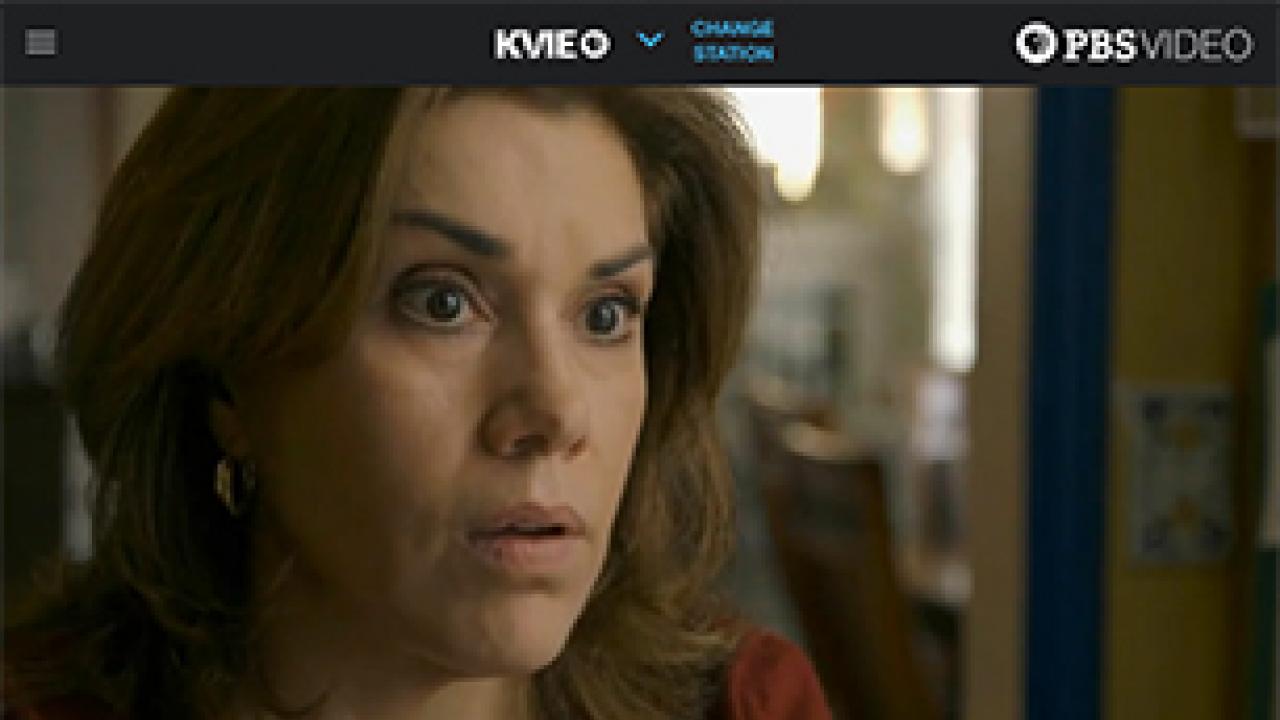
PBS Documentary on Latinos and the Vietnam War Features Historian Lorena Oropeza
Lorena Oropeza, an associate professor of history, appears in a PBS documentary, On Two Fronts: Latinos & Vietnam, to be presented Sept. 22 on PBS stations nationwide.
Look for the documentary at 10 p.m. on KVIE Channel 6, Sacramento.
Oropeza is more than a talking head in the 90-minute film. Director Mylène Moreno said the historian was “the most crucial resource I leaned on in the making of this film.”
Oropeza is an authority on the history of the Chicano movement, U.S. social protest and American foreign policy. Among other publications, she wrote the book ¡Raza Sí! ¡Guerra No!: Chicano Protest and Patriotism During the Viet Nam War Era
Moreno, a Los Angeles-based filmmaker, said Oropeza’s ¡Raza Sí! ¡Guerra No! was one of the very first titles she encountered when she began researching her latest documentary. “Her book closely mirrored the themes I set out to explore — from the proud history of military service within Mexican American families to the rise of an anti-war movement during the Vietnam War.”
Oropeza introduced Moreno to other scholars who also appear in On Two Fronts, and helped her locate people who became major characters in the story. Key among them was Delia Alvarez, the sister of Navy commander Everett Alvarez Jr., who in 1964 became the first U.S. pilot shot down and detained in the war. Everett spent eight years as a POW. Delia became a prominent anti-war protester.
Oropeza interviewed the Alvarezes for her book. On Two Fronts recounts their story with interviews, photographs and historical film, including footage of Everett’s plane being shot down.
The film, part of PBS’ Stories of Service programming, also depicts the impact on communities with the tale of the “Morenci Nine” — the sons of miners from Morenci, Arizona, who joined the Marines together in 1966. Five were Anglo, three Latino and one Navajo. Only three of the men survived the war. Another segment tells the story of a farmworker’s son who resigned in protest from his local draft board.
The documentary is on PBS about a year after Moreno’s Souvenir Pictures interviewed Oropeza in the kitchen of her Richmond home.
In one video segment, Oropeza gives historical context to Mexican American participation in the U.S. military. After enduring intense anti-Mexican sentiment during the 1930s, an estimated 500,000 Latinos served in World War II.
“To be able to serve in the military is the ultimate proof that you belong, that you are accepted in a society,” she said. “It just comes with the ultimate price during wartime.”
Oropeza goes on in the documentary to describe the change in attitudes and the rise of the protest movement during the divisive Vietnam War.
On Sept. 10, Oropeza attended the documentary's first screening and moderated a panel discussion at the School of Arts and Culture, Mexican Heritage Plaza in San José. Watch the discussion on YouTube; search for “San Jose, CA Preview-On Two Fronts: Latinos & Vietnam Discussion” (the discussion is divided into four videos).
The website for On Two Fronts says that while the draft has ended, many issues raised in the movie remain relevant today. “In communities where there were few alternatives to service, war impacted every household — especially amongst Latinos. How did this affect the young men who served on the front lines? How did it impact their communities? During the Vietnam War, Latinos began asking for the first time, What is the true cost of war and the appropriate price of citizenship?”
More information on the documentary is available online.
— Kathleen Holder, content strategist in the UC Davis College of Letters and Science
